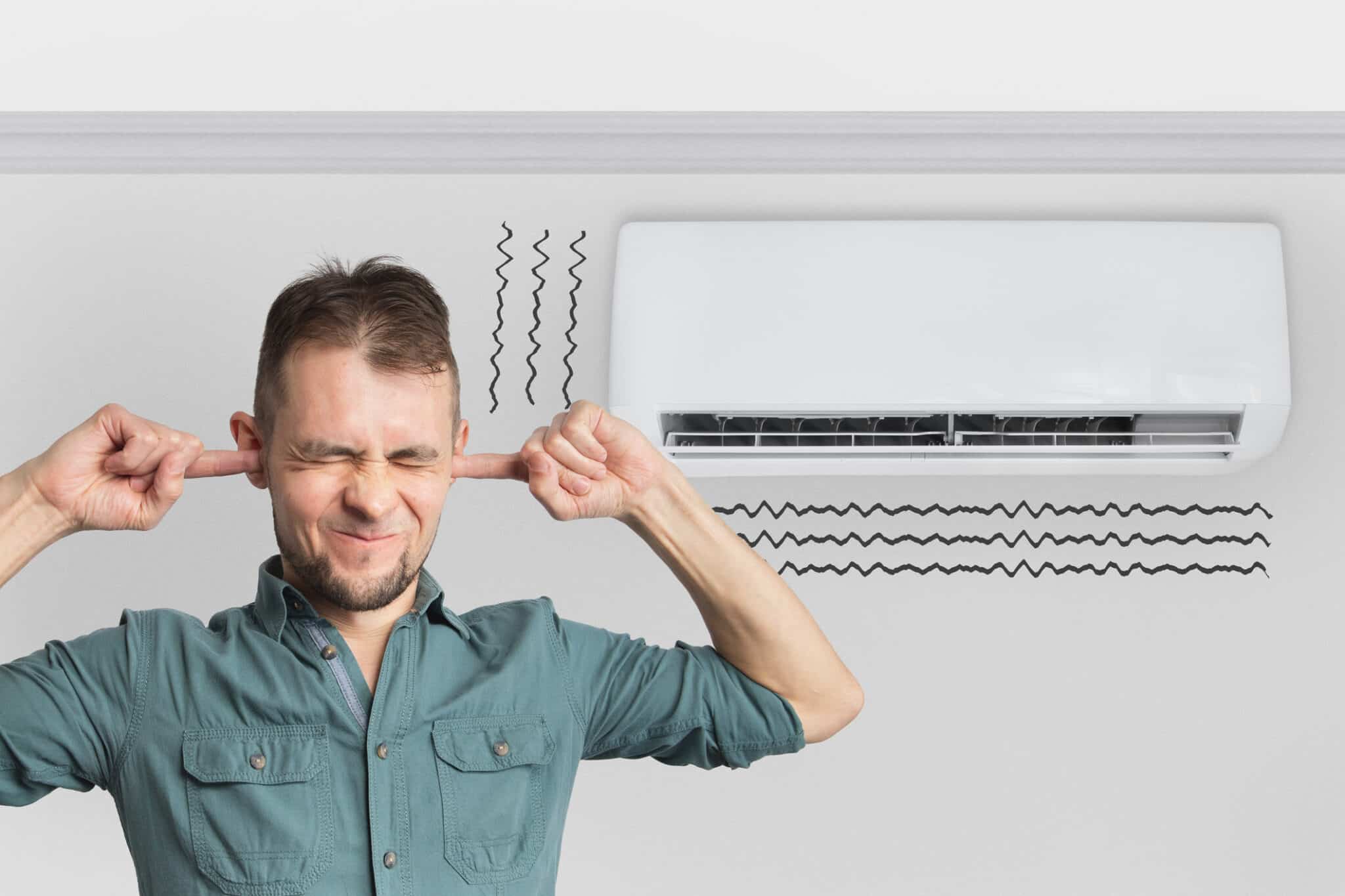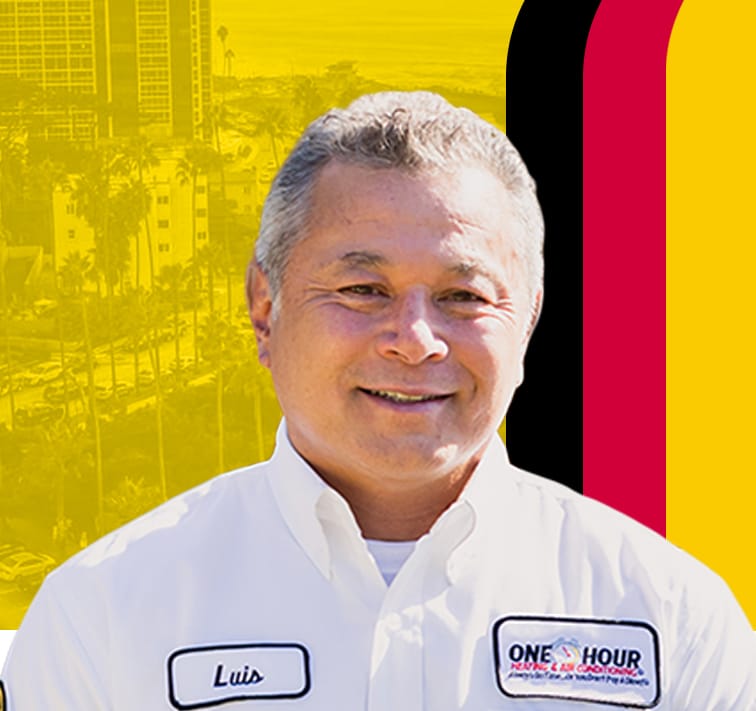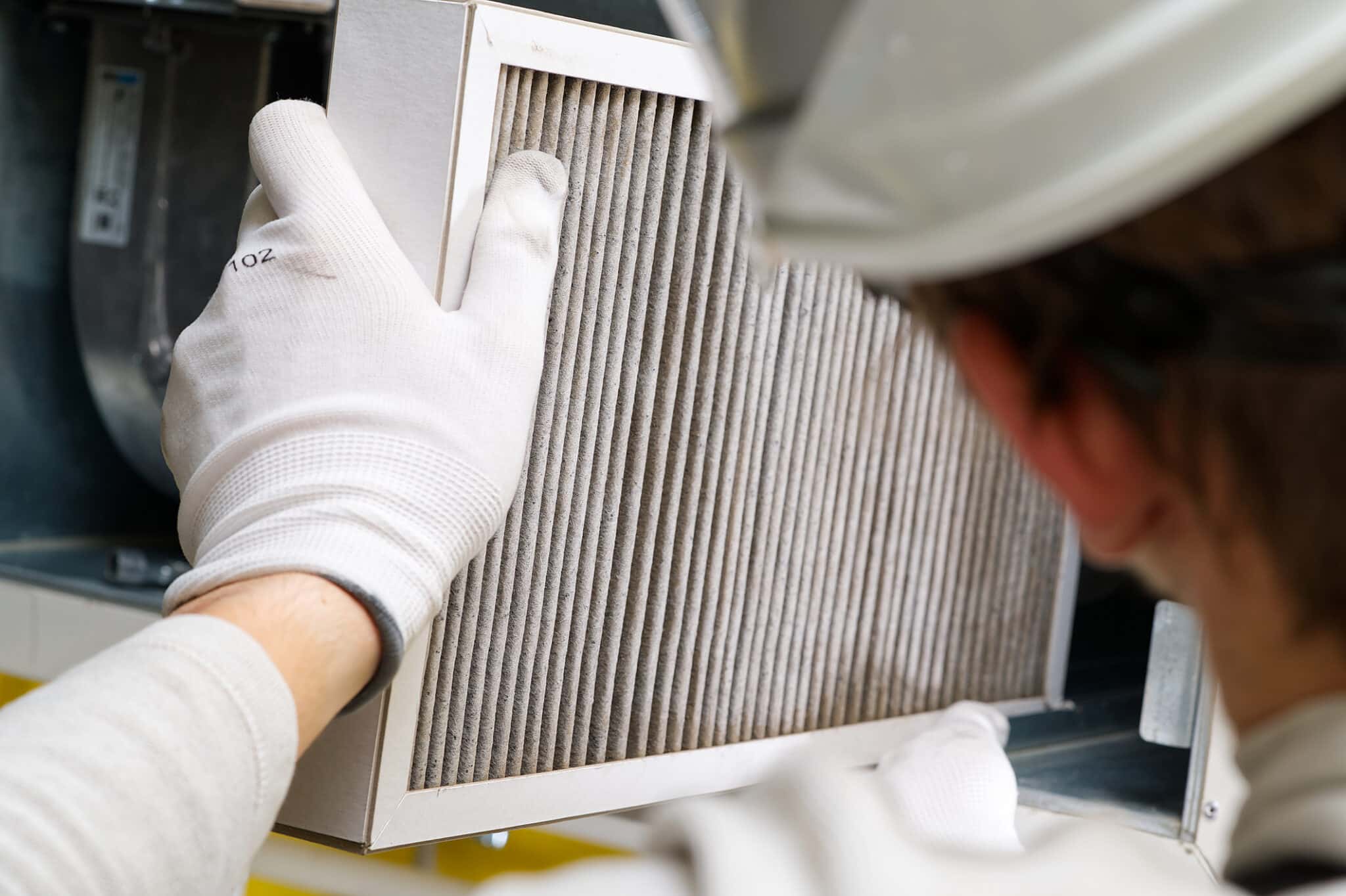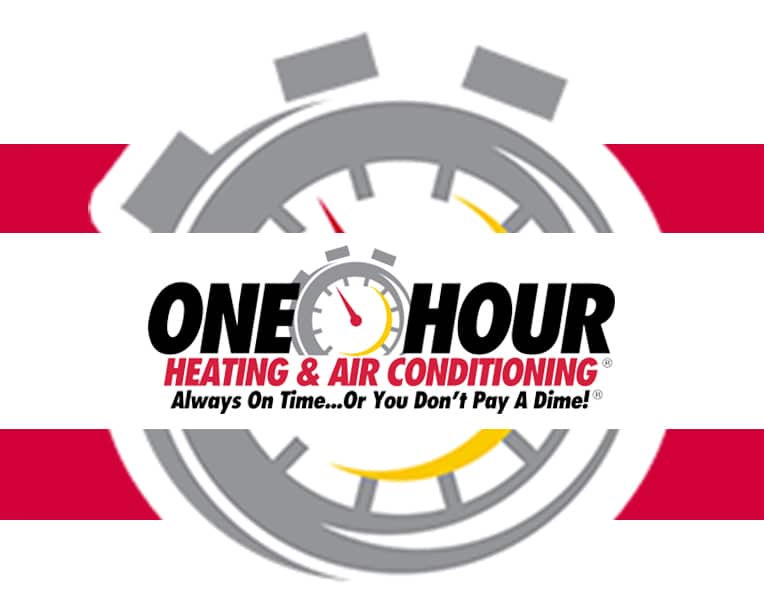HVAC Solutions – In bustling urban areas like Spring Valley, El Cajon, and Lakeside, CA, the constant noise can be overwhelming. Amidst the traffic and daily commotion, your HVAC system shouldn’t add to the cacophony.
Discover the importance of quiet HVAC solutions that ensure your home remains a serene sanctuary. Let’s explore how you can enjoy enhanced comfort and peace with the right HVAC choices for urban living.
The Importance of Quiet HVAC Systems in Urban Areas
Overview of Noise Issues in Urban Environments
Urban environments are notorious for their high levels of noise pollution. From traffic and construction to the general hum of city life, these sounds can permeate your living space, creating an uncomfortable and stressful atmosphere.
The constant drone of a noisy HVAC system adds to this cacophony, making it difficult to relax, concentrate, or even sleep.
Impact on Quality of Life and Health
But the impact of noise is not just about comfort. Studies have shown that prolonged exposure to high noise levels can lead to a host of health issues. These include increased stress levels, hypertension, hearing loss, and sleep disturbances.
For urban dwellers, who already contend with a myriad of external noises, a quiet HVAC system can make a significant difference.
Quiet HVAC systems are designed to minimize noise while maintaining optimal performance. They use advanced technologies and materials to reduce the sound produced by the system’s components.
By investing in quiet HVAC solutions, you not only enhance your comfort but also protect your health.

Understanding HVAC Noise Levels
Common Sources of Noise in HVAC Systems
Several components within an HVAC system can contribute to noise. The compressor, often referred to as the “heart” of the system, is a major culprit. It works by compressing the refrigerant and can generate a considerable amount of noise, especially in older or poorly maintained systems.
Fans and blowers, responsible for circulating air throughout your home, can also produce significant noise, particularly if they are unbalanced or obstructed. Additionally, ductwork can cause noise due to loose or vibrating parts.
Noise Measurement and Decibel Levels
Noise levels in HVAC systems are typically measured in decibels (dB). To give you a sense of scale, a whisper is around 30 dB, normal conversation is about 60 dB, and a lawnmower can be as loud as 90 dB. Ideally, a quiet HVAC system should operate below 60 dB, ensuring that it doesn’t add to the ambient noise levels of your home.
Regular maintenance is key to keeping your HVAC system running quietly. Simple tasks like cleaning or replacing filters, ensuring that components are lubricated, and checking for any loose parts can make a significant difference.
Additionally, newer HVAC systems are designed with noise reduction in mind, incorporating features like variable speed fans and sound-dampening materials.
Benefits of Quiet HVAC Systems
Enhanced Comfort and Tranquility
A quiet HVAC system significantly improves the comfort of your home. Without the constant background noise of a traditional HVAC system, you can enjoy a more peaceful and serene living space.
This tranquility allows you to relax more easily, sleep better, and concentrate without the distraction of mechanical noise. By investing in quiet HVAC solutions, you create a haven of calm in the midst of urban chaos.
Improved Indoor Air Quality
Quiet HVAC systems often come with advanced filtration and air purification technologies. These features help to reduce airborne pollutants, allergens, and contaminants, leading to better indoor air quality.
With cleaner air circulating through your home, you can experience fewer allergy symptoms and overall better health. Choosing the right HVAC solutions can thus significantly enhance the air you breathe every day.
Energy Efficiency and Cost Savings
Many quiet HVAC systems are designed to be more energy efficient. They use advanced technology to optimize performance while minimizing energy consumption.
This efficiency not only helps the environment by reducing your carbon footprint but also translates into cost savings on your energy bills.
Over time, the savings can be substantial, making a quiet HVAC system a smart financial investment. When you opt for energy-efficient HVAC solutions, you ensure long-term savings and sustainability.
Types of Quiet HVAC Solutions
Central Air Conditioning Systems
Central air conditioning systems are a popular choice for many homeowners. These systems use a central unit to cool air, which is then distributed throughout the home via ducts.
Modern central air systems incorporate noise-reduction features such as variable speed fans and insulated compressors. These advancements make Central Air a quiet and effective HVAC solution, ideal for maintaining a peaceful home environment.
Additionally, these systems ensure even cooling throughout the house, contributing to a more comfortable living space.
Ductless Mini-Split Systems
Ductless mini-split systems are another excellent option for achieving a quieter HVAC solution. These systems consist of an outdoor unit connected to one or more indoor units without the need for extensive ductwork.
The absence of ducts reduces the noise associated with air movement and eliminates the potential for duct vibrations.
Additionally, the indoor units are designed to operate quietly, making ductless mini-splits a perfect choice for noise-sensitive areas. Their flexibility in installation also makes them suitable for various room configurations and sizes.
Geothermal Heat Pumps
Geothermal heat pumps offer a highly efficient and quiet HVAC solution. These systems use the stable temperatures found underground to heat and cool your home. Because they do not rely on conventional compressors and fans, geothermal systems produce significantly less noise.
Furthermore, their efficiency can lead to substantial energy savings. Geothermal heat pumps represent a sustainable and silent way to manage your home’s climate.
This HVAC solution is not only eco-friendly but also long-lasting, providing consistent comfort with minimal noise.
Innovative HVAC Technologies for Noise Reduction
Variable Speed Compressors
Variable speed compressors are a game-changer in the world of HVAC solutions. Unlike traditional compressors that operate at full capacity until the desired temperature is reached, variable-speed compressors adjust their output based on the current cooling or heating needs.
This not only enhances energy efficiency but also significantly reduces operational noise. By running at lower speeds most of the time, these compressors produce a gentle hum rather than a loud, disruptive noise.
Sound-Dampening Materials
Sound-dampening materials play a crucial role in creating quieter HVAC solutions. These materials are strategically placed within the system to absorb and block noise.
For instance, insulated compressor jackets and specially designed fan blades help minimize the sound produced by these components.
Additionally, ductwork lined with noise-absorbing materials can prevent vibrations and reduce the transmission of sound throughout the home. These innovations ensure that your HVAC solution operates quietly without compromising performance.
Advanced Insulation Techniques
Advanced insulation techniques are essential for reducing noise in HVAC solutions. High-quality insulation around the unit and ductwork can significantly lower the noise level.
This includes using materials that not only insulate against temperature loss but also dampen sound. Properly insulated ducts prevent noise from traveling through the system and into different rooms.
With these techniques, homeowners can enjoy a more serene environment with an efficient and quiet HVAC solution.
Energy Efficiency and Environmental Impact
Eco-Friendly Refrigerants
Eco-friendly refrigerants are at the forefront of modern HVAC solutions. Traditional refrigerants often contain chemicals that can harm the ozone layer and contribute to global warming.
Newer, eco-friendly refrigerants have a lower environmental impact, reducing greenhouse gas emissions.
These refrigerants are designed to be more efficient, which means they can cool or heat your home using less energy, further minimizing their environmental footprint.
Energy Star Certified Systems
Energy Star-certified systems represent the gold standard in energy-efficient HVAC solutions. These systems meet stringent guidelines set by the U.S. Environmental Protection Agency (EPA) for energy efficiency and environmental protection.
By choosing an Energy Star-certified HVAC system, homeowners can significantly reduce their energy consumption and lower their utility bills.
These systems not only save money but also contribute to a healthier environment by reducing the demand for fossil fuels.
Reduced Carbon Footprint
Investing in energy-efficient HVAC solutions can greatly reduce your carbon footprint. Efficient systems use less electricity, which means fewer fossil fuels are burned to generate that power.
This reduction in energy consumption translates to fewer carbon emissions, helping to combat climate change.
By selecting HVAC solutions that prioritize energy efficiency, you are making a positive impact on the planet while enjoying the benefits of a comfortable home.

Choosing the Right HVAC System for Your Urban Home
Assessing Your Home’s Needs
The first step in choosing the right HVAC solution is assessing your home’s specific needs. This includes evaluating the size of your home, the number of rooms, and your insulation quality.
Factors such as the local climate in areas like Spring Valley, El Cajon, and Lakeside, CA, should also be considered. A comprehensive assessment helps determine the appropriate size and type of HVAC system that will provide efficient and effective heating and cooling.
Professional HVAC Consultations
Seeking professional HVAC consultations is crucial for making an informed decision. HVAC experts can conduct detailed assessments of your home and recommend the most suitable HVAC solutions based on your unique requirements.
They can provide insights into the latest technologies and help you understand the benefits of different systems. Professional consultations ensure that you choose an HVAC system that meets your needs and fits within your budget.
Comparing HVAC Systems
When choosing an HVAC solution, it’s important to compare different systems and their features. Consider factors such as energy efficiency, noise levels, maintenance requirements, and initial cost.
Look for systems that offer advanced features like variable-speed compressors and eco-friendly refrigerants. Comparing multiple options allows you to make a well-informed decision that balances performance, cost, and environmental impact.
Installation Best Practices
Importance of Professional Installation
Professional installation of your HVAC system is essential for its efficient and quiet operation. Experienced installers have the knowledge and skills to correctly set up your system, ensuring all components function properly.
They follow manufacturer guidelines and industry standards to prevent common issues such as leaks, improper airflow, and noise. Professional installation also includes testing and calibration to guarantee that your HVAC solutions perform at their best.
Tips for Minimizing Installation Noise
During installation, certain practices can help minimize noise. Installers can use sound-dampening materials and techniques to reduce vibration and noise transmission.
Ensuring that all connections are secure and components are properly aligned can also prevent future noise issues. By focusing on these best practices, you can enjoy a quieter HVAC system from the moment it is installed.
Maintenance Tips for Quiet HVAC Operation
Regular Servicing and Tune-Ups
Scheduling regular servicing and tune-ups with a professional HVAC technician is crucial. During these visits, technicians can inspect and clean components, check for wear and tear, and ensure that the system operates efficiently.
Regular maintenance helps identify and address potential noise issues before they become significant problems, ensuring your HVAC solutions remain quiet and effective.
Cleaning and Replacing Filters
One of the simplest yet most important maintenance tasks is cleaning and replacing filters. Dirty or clogged filters can restrict airflow, causing the system to work harder and produce more noise.
By regularly cleaning or replacing filters, you maintain optimal airflow and reduce the strain on your HVAC system, contributing to quieter operation.
Clean filters also improve indoor air quality by trapping dust, allergens, and other particles, creating a healthier environment for you and your family.
Inspecting and Lubricating Moving Parts
Another essential maintenance task is inspecting and lubricating the moving parts of your HVAC system. Components such as fans, motors, and bearings need to move smoothly to operate quietly.
Over time, these parts can become dry or worn, leading to increased friction and noise. Regular lubrication helps keep these parts in good working condition, reducing noise and enhancing system efficiency.
Checking and Tightening Electrical Connections
Loose or faulty electrical connections can cause your HVAC system to operate noisily and inefficiently. Periodically checking and tightening these connections ensures that all components receive the necessary power to function correctly.
Proper electrical maintenance prevents potential hazards and contributes to the quiet and reliable operation of your HVAC solutions. Regular checks help avoid unexpected malfunctions, ensuring your system runs smoothly.
Ensuring Proper Ductwork Sealing
Leaky or poorly sealed ductwork can lead to noisy airflow and decreased efficiency. Inspecting your ductwork for any leaks or gaps and sealing them with appropriate materials can significantly reduce noise levels.
Properly sealed ductwork ensures that air flows smoothly and quietly through your HVAC system, maintaining the comfort and tranquility of your home. This step also improves overall system efficiency, leading to potential energy savings.
Experience Quiet Comfort Today with One Hour Heating & Air Conditioning San Diego
Ready to transform your home with quiet HVAC solutions? One Hour Heating & Air Conditioning San Diego is your trusted partner for exceptional service in Spring Valley, El Cajon, and Lakeside, CA.
Contact us today at 619-639-4017 for a professional consultation and discover how our advanced HVAC systems can enhance your comfort and peace. Don’t wait – enjoy a quieter home now!
FAQs About HVAC Solutions
What are the main benefits of quiet HVAC systems?
Quiet HVAC systems provide enhanced comfort, improved indoor air quality, and increased energy efficiency, leading to a more peaceful and cost-effective home environment. These HVAC solutions minimize the disruptive noises that can interfere with daily activities, making your living space more enjoyable and serene.
How do I know if my HVAC system is too noisy?
If your HVAC system operates louder than normal conversation levels (about 60 dB) or produces unusual noises, it may be too noisy. A professional evaluation can help determine the cause and provide effective HVAC solutions to address the noise issue and restore quiet operation.
Can I install a quiet HVAC system myself?
While some DIY enthusiasts may attempt installation, professional installation is recommended to ensure proper setup, efficiency, and safety of your HVAC solutions. Professional installers have the expertise to avoid common pitfalls and ensure your system operates quietly and efficiently.
How often should I service my quiet HVAC system?
It’s recommended to service your HVAC system at least twice a year – once before the cooling season and once before the heating season – to maintain optimal performance and noise levels. Regular servicing ensures that your HVAC solutions remain quiet and efficient, preventing potential issues from arising.
What maintenance tasks can I do myself to keep my HVAC system quiet?
Regularly cleaning and replacing filters, checking for loose parts, and keeping the outdoor unit free of debris are simple tasks you can do to maintain your HVAC system’s quiet operation. These basic maintenance steps help ensure that your HVAC solutions continue to provide quiet and efficient performance.



















